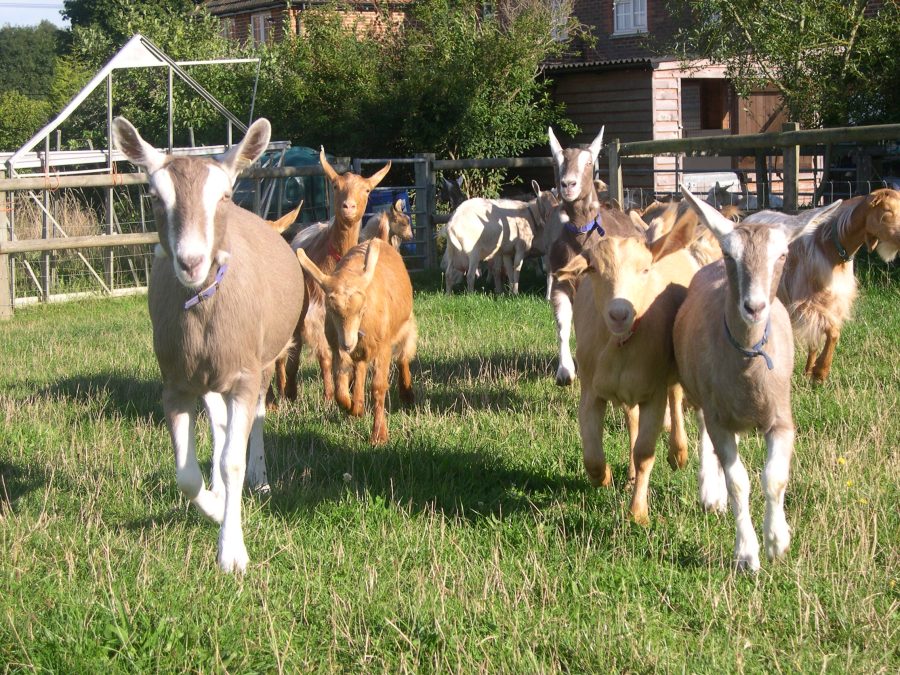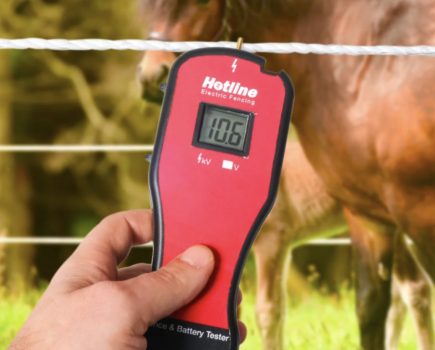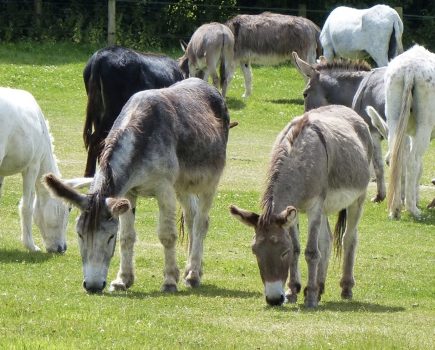David Harwood BVetMed, FRCVS advises how to meet the challenges of the warmer weather when caring for goats.
Once they spend their time wandering around in the summer weather, goats tend to look happier and healthier, nevertheless there are a few potential problems we need to look out for.
An edible environment
It is well recognised that good “stock” fencing or hedgerows will keep most farm stock contained in their paddocks. Goats aren’t typical farm “stock” – they are great escapologists, so your paddocks need to be not only stock proof but also goat proof to prevent them from escaping and endangering themselves and others. This is particularly true if they are kept in paddocks close to busy roads – you may have read about goats that escaped onto the M5 in Gloucestershire on March 25th this year. This type of escape can put not only your goats at risk, but also risks potentially severe accidents occurring. Bear in mind also that goats are browsing animals – so can quickly eat their way through the base of even the densest hedging, thus creating another escape route.Trimming back hedges, particularly with flail type machines can create small sharp fragments that can become trapped between the claws causing lameness .
Browsing behaviour also puts goats at risk if they have access to plants or shrubs that may be harmful to them, examples include rhododendron, cherry laurel, laburnum, and yew. It may be that there are overhanging branches from next door, or a tree / shrub blown over in high winds – beware also “fly tipping” in which pruned material maybe discarded over your hedge or boundary. If you have footpaths going across or near your land, then signs warning folks that livestock are present in the field, to ensure gates are kept shut and keeping dogs on a lead are all important. It is important to place even the simplest of shelters in the fields where they can escape when it rains or seek shelter at the height of the day if no natural shaded areas are available. A horse box or trailer makes an ideal moveable shelter. Clean fresh water should always be available, particularly in hot weather – this supply should be checked regularly, water shortage can rapidly cause problems particularly if lactating.
This article extract was taken from the June 2024 edition of The Country Smallholder. To read the article in full, you can buy the issue here.
To receive regular copies of The Country Smallholder magazine featuring more articles like this, subscribe here.
For FREE updates from the world of smallholding, sign up for The Country Smallholder newsletter here.








